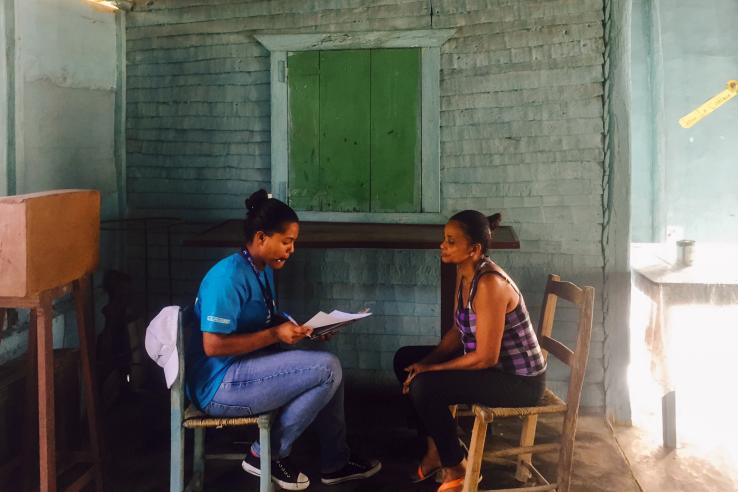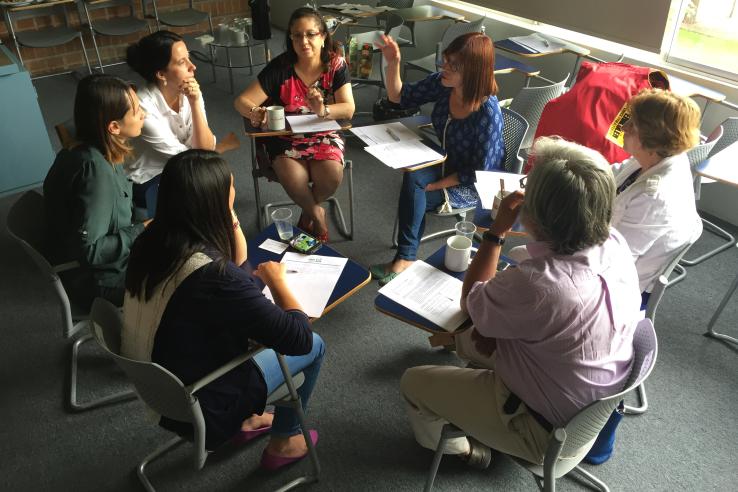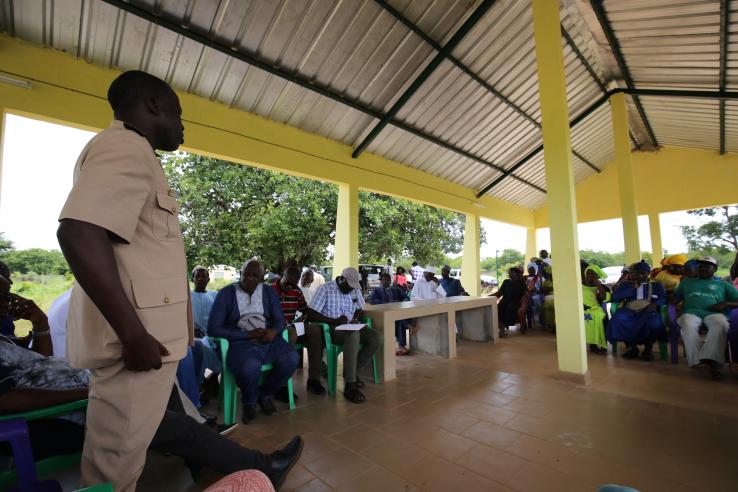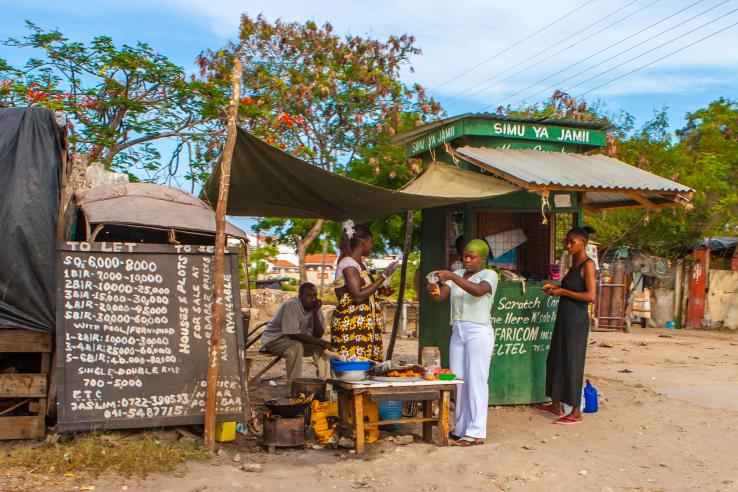Displaying 7756 - 7770 of 8332
Event
En el marco de la Semana de la Evaluación gLOCAL 2024—una semana anual dedicada a eventos de intercambio de conocimientos y experiencias de Monitoreo y Evaluación—J-PAL para Latinoamérica y el Caribe (LAC) y la Oficina Regional de ONU Mujeres para las Américas y el Caribe compartirán dos...
Person
Person
Event
Durante a Semana de Avaliação gLOCAL 2024 - uma semana anual dedicada a eventos relacionados ao intercâmbio de conhecimento e experiências de Monitoramento e Avaliação - o J-PAL para Latinoamérica y el Caribe (LAC) vai apresentar como aplicar evidências geradas nas avaliações de outros programas e...
Evaluation
Researchers conducted a randomized evaluation of the VIP:Voice, a digital election participation platform, to measure the impact of information and communications technologies on individuals’ political participation. Via the platform, researchers interacted with nearly 100,000 citizens, recruited citizen monitors in 38 percent of the wards of South Africa and deployed 347 citizen monitors to polling places. However, around 50 percent of participants dropped out at each subsequent, and more time-intensive, form of engagement requested via the platform.
Evaluation
Town hall meetings in Benin reduced the ability of the most popular presidential candidate in that village to garner political support using clientelist tactics, and still appear to be effective for motivating people to attend the polls.
Person
Person
Person
Emily Owens is a Professor in the Department of Criminology, Law, and Society at the University of California, Irvine. Her research centers on economies of crime, including policing, sentencing, and the effects of public policies on criminal behavior. Her current research topics include police...
Person
Evaluation
Researchers assessed the impact of financial incentives and peer endorsement on mobile banking adoption and formal savings in Ghana. While financial incentives boosted adoption by 50 percent, peer endorsement was twice as effective, leading to sustained mobile banking use and a 30 percent increase in savings six months later.
Person
Person
Evaluation
Taking advantage of a pre-existing large-scale evaluation of a universal basic income project in Kenya, researchers measured how different types of cash transfers impact recipients’ income, reported well-being, food security, mental health, and social interaction in the context of the COVID-19 pandemic and the accompanying agricultural seasonality. Researchers found that although the income gains from small businesses started before the pandemic were wiped out, transfer recipients experienced modestly better food security and physical and mental health than those who had not received transfers, along with some positive impacts on public health indicators.
Person
Veda Madhusudan is a Policy and Communications Intern at J-PAL Global, where she supports the team in funding innovative research and synthesizing and disseminating evidence-based policy lessons.





